What we expect travel should look like in a post-pandemic world

Travel is a crucial part of life. It may be one of the best ways to get out of the busy schedule and the hectic environment. It remains a good remedy for stress, anxiety, and depression as it helps improve one’s mental and physical health. We get to experience the beauty of nature, different cultures, rituals, and styles of living. It broadens one’s horizon to move in new directions. It helps you from unplugging from the pulls and pushes of daily life.
However, due to the COVID-19 pandemic, traveling has to be halted to avoid the spread of the deadly virus. Countries all over the world applied travel restrictions to limit the chains of reactions. Airports closed down, incoming and outgoing flights suspended, and governments implemented nationwide lockdowns. With that said, the COVID-19 pandemic has heavily impacted the travel industry and it continues to decline to this day.
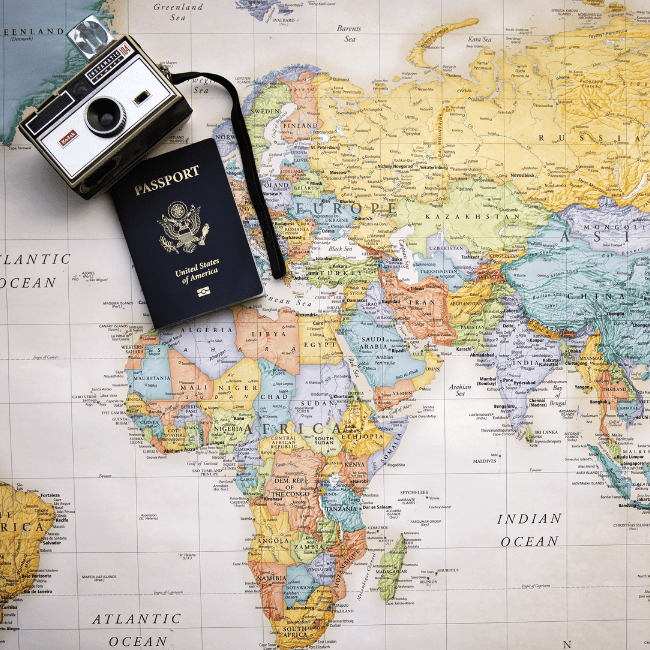
What we expect travel should look like in a post-pandemic world
In the past decades, tourism has experienced continued growth and became one of the fastest-growing economic sectors globally. Tourism became a key driver for socio-economic progress, with tourism-specific developments in an increasing number of national and international destinations. With the rapid development of effective vaccines and increased distribution, glimmers of hope started to emerge.
Although the US Centers for Disease Control and Prevention still urge against travel, vaccinated travelers have reason to feel optimistic. Agency director Dr. Rochelle Walensky said during a Senate hearing:
“We’re revisiting what we should do regarding travel for those who are vaccinated and that should be coming forward soon.”
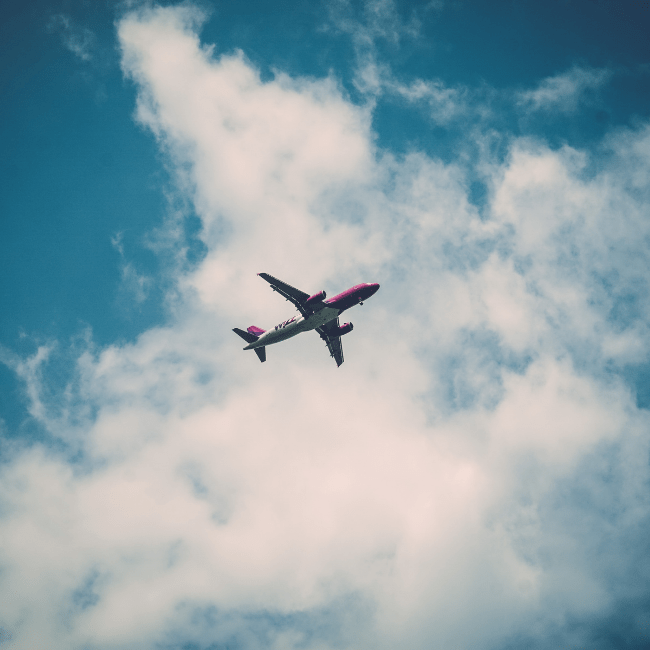
What To Expect:
Vaccine passports and negative COVID-19 test certification
Anyone who wants to travel should still continue to abide by the rules of the places they wish to go to. And, anyone who wants to travel will have to spend a significant amount of time studying those rules. Of course, this should include entering another country and returning to their own. At this time, we hope that vaccinations have eased the hassle of navigating the current global patchwork of regulations. However, travelers should have proof that they have been vaccinated.
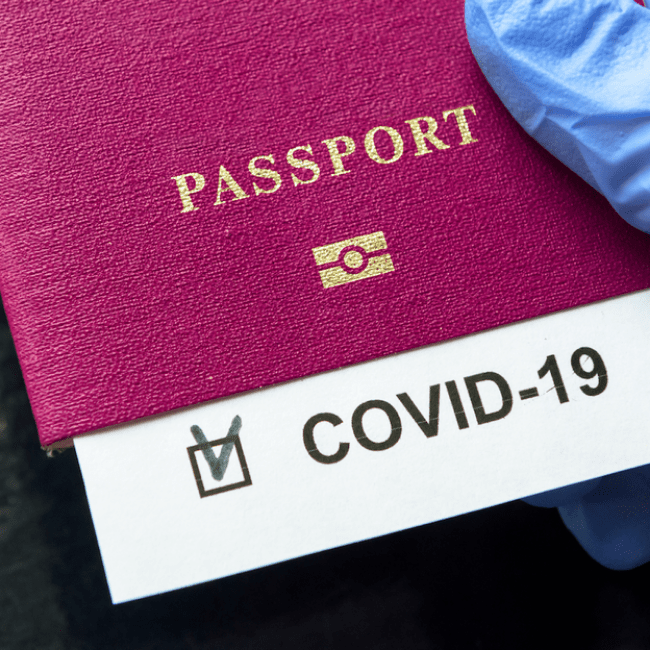
Thus, bringing us to what will likely be the hallmark of travel in the post-pandemic era: vaccine passports and test certifications. The European Commission recently proposed Digital Green Certificates showing that a person has been vaccinated. Aside from that, it also proves that the person received a negative COVID-19 test result or recovered from the infection. Unfortunately, this would only facilitate movement for EU citizens within the EU.
With that said, there are also a growing number of health apps designed to serve the same purpose in other places. This includes the Philippines’ StaySafe app. Every establishment in the country now requires installing the mobile application. Currently, the government uses it for a more effective contact tracing. As pharmaceutical companies start to distribute vaccines, we are certain that the StaySafe app would upgrade theirs to prove that a person’s COVID-19 status.
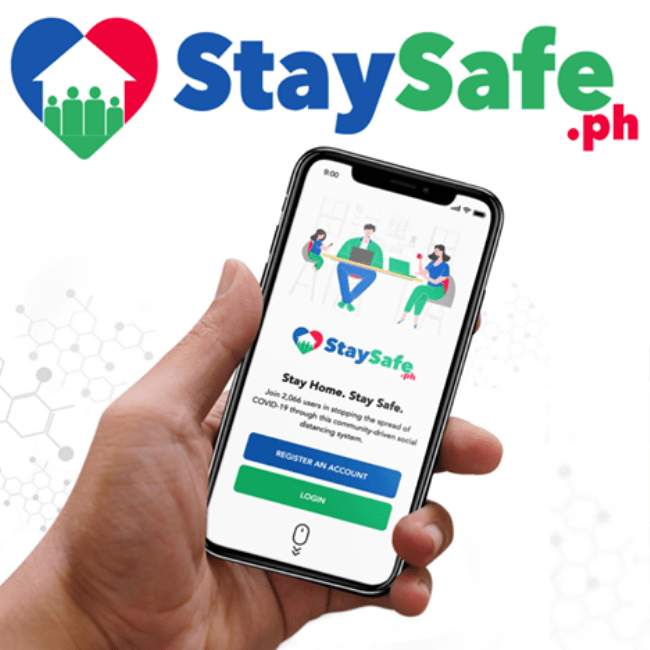
Touchless technology
The technology used sporadically – like mobile hotel check-ins – has become essential during this touch-and-contact-averse time. And, we should expect that to stay for a very long time. This would make us even more dependent on our mobile phones as it literally contains our lives. Although it would be difficult to implement in a developing country like the Philippines, it means an easier way to perform contact tracing. National Director for hospitality analytics at firm STR Jan Freitag said:
“Using your phone as a key, texting the front desk, texting room service — all of this was sort of starting to happen but is now so much wider spread.”
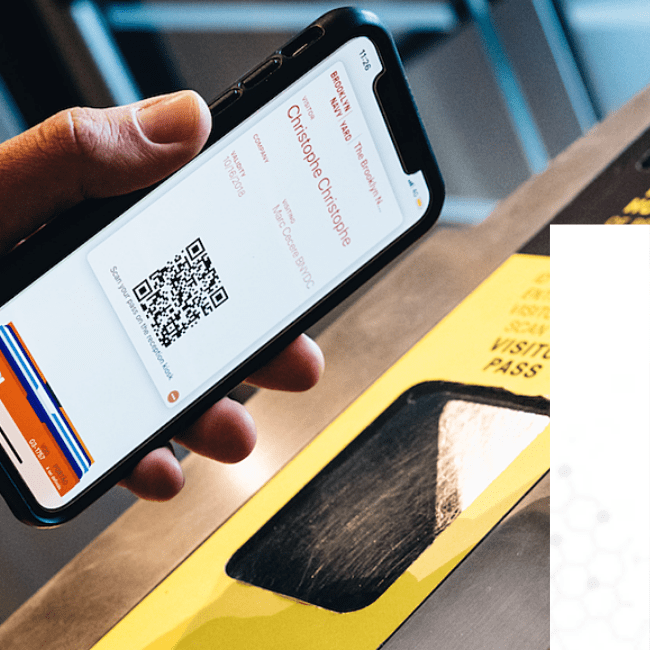
Independent lodging
Vacation rentals available through sites and apps like Airbnb would be even more popular. Apparently, this trend comes from guests craving space and control. Freitag expected guests to rely on the enhanced and standardized COVID-related cleaning and sanitation protocols through major hotel brands. However, it turns out that people prefer having their own front door and a place that they could spray Lysol as much as if they want.

Although that may be the case, hotel demand and occupancy will rise again as people will surely feel more comfortable staying in hotels as time passes by. But, room rates should either be lower or higher, depending on the hotel brand. We expect that there would be hotels that will make their room rates higher to compensate for the time their occupancy was low. Aside from that, Cornell School of Hotel Administration professor Christopher Anderson felt sure that alternative lodging would be a new way to look at things.
He expects that even fully vaccinated people would want to look for newer and more different types of experiences. This would probably lead to smaller, out-of-the-way properties, and independent hotels. He knew that people would continue to be cautious until they know more about the longevity of vaccination effectiveness. This would note travelers’ reluctance to stay in the city which means the emergence of exciting smaller hotels and restaurants in outer areas and suburbs.
What do you think about these changes? Let us know!
Angela Grace P. Baltan has been writing professionally since 2017. She doesn’t hesitate to be opinionated in analyzing movies and television series. Aside from that, she has an affinity for writing anything under the sun. As a writer, she uses her articles to advocate for feminism, gender equality, the LGBTQIA+ community, and mental health among others.










